American Airlines Seeks $94 Million in Skiplagging Travel Hack Lawsuit
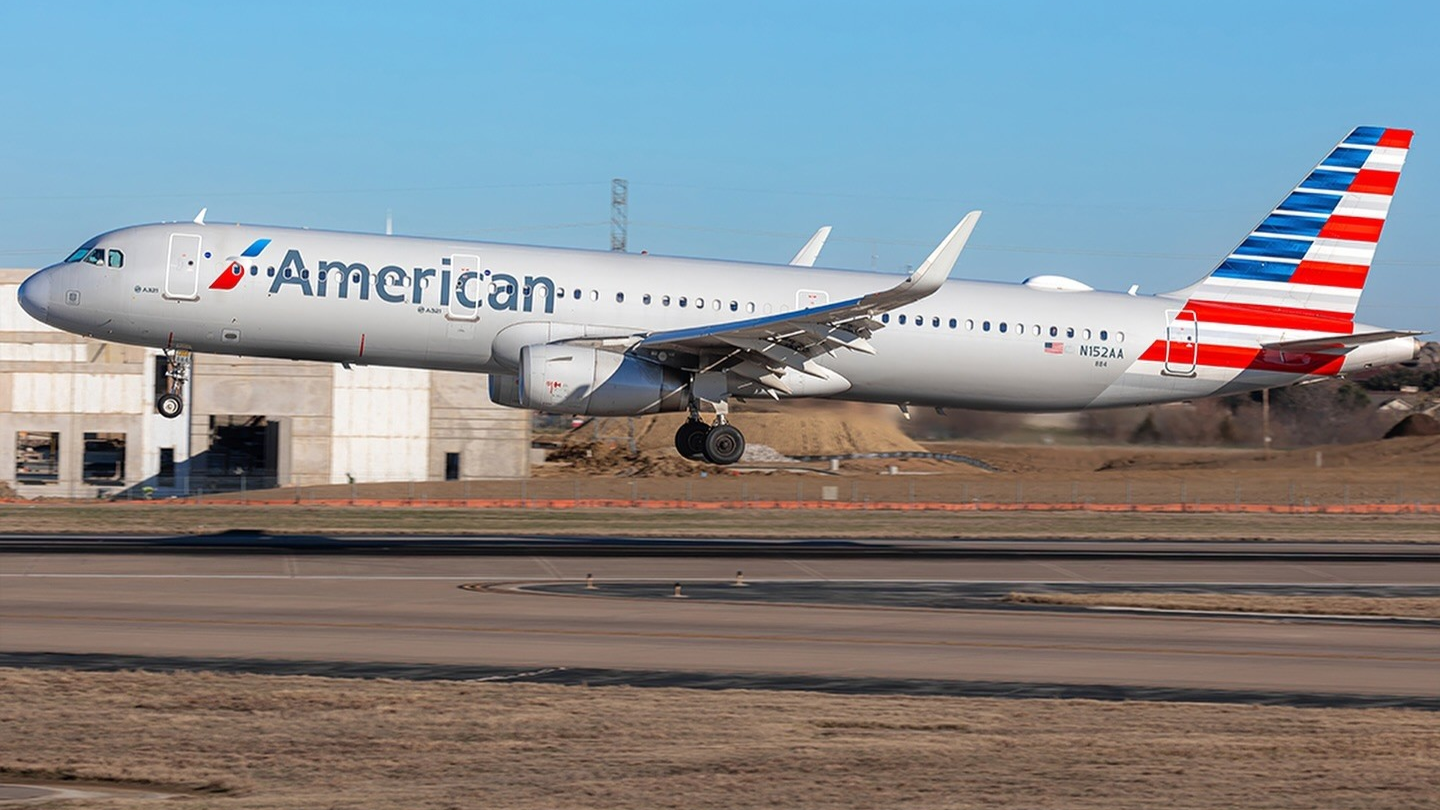
FORT WORTH- American Airlines (AA) launched a legal battle against travel website Skiplagged, accusing the company of profiting from a controversial booking practice.
The airline presented its case to jurors on Monday, claiming Skiplagged exploits American’s reputation to promote cheaper tickets through a method known as “skiplagging” or “hidden city” ticketing.
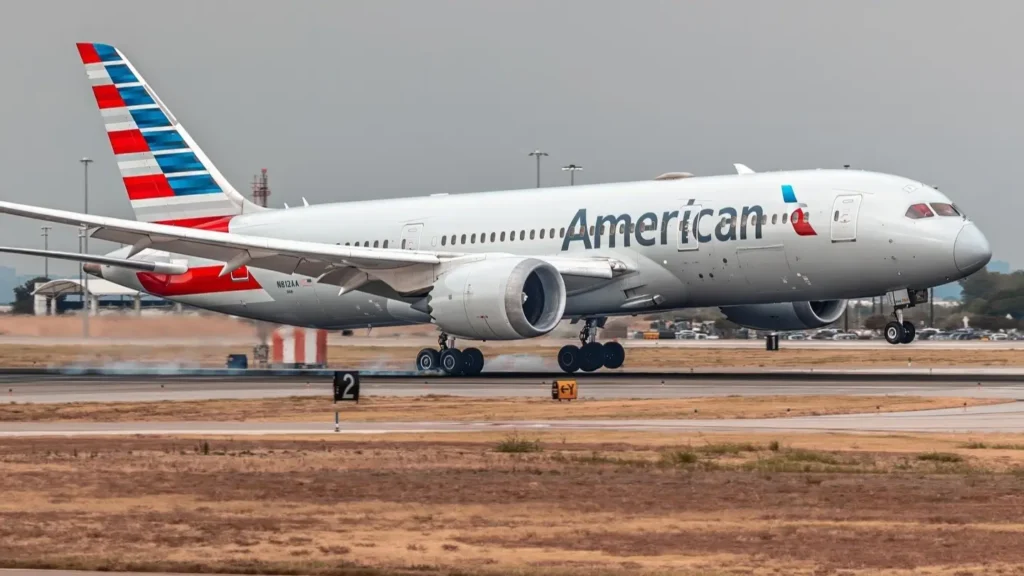
American Airlines Skiplagging Lawsuit
The Fort Worth-based carrier filed a lawsuit against Skiplagged in federal court last year. American Airlines alleges that Skiplagged’s promotion of this booking hack violates airline policies, infringes on trademarks, and risks voiding customers’ tickets. The airline also accuses Skiplagged of tortious interference with its business operations.
Skiplagged’s website boldly advertises its services, stating, “Find flights the airlines don’t want you to see.” The company claims to expose loopholes in airfare pricing to help travelers save money.
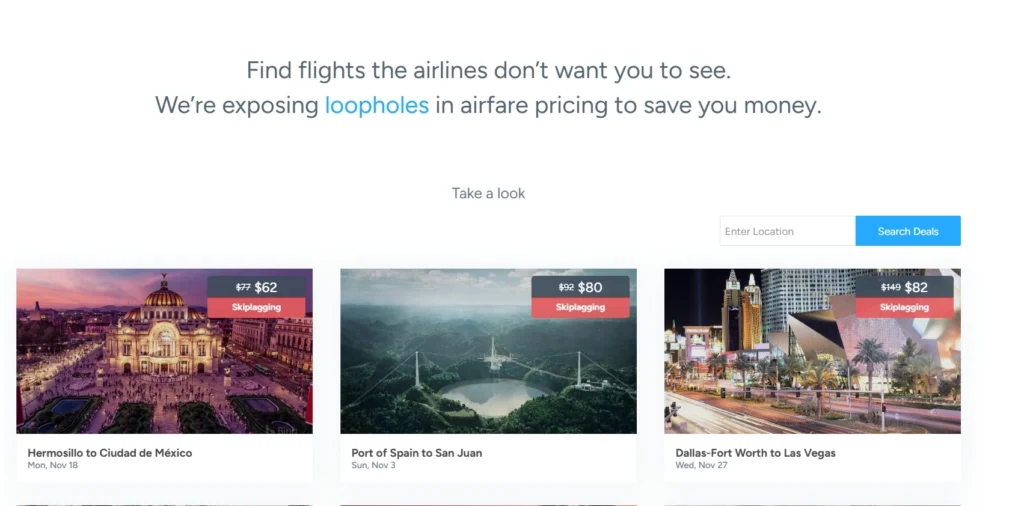

The practice of skiplagging involves booking a flight with a connection, where the traveler’s intended destination is actually the layover city. Passengers then abandon the second leg of the journey, potentially saving money compared to booking a direct flight to their desired destination.
While not illegal, airlines consider skiplagging a violation of their policies. Carriers argue this practice prevents them from selling seats on the abandoned leg of the journey, leading to lost revenue. As a result, airlines may cancel a traveler’s entire itinerary if they suspect skiplagging.
American Airlines characterizes Skiplagged’s promotion of this tactic as a “classic bait and switch” scheme. The airline contends that Skiplagged unfairly capitalizes on American’s brand reputation to attract customers seeking cheaper fares through this controversial method.
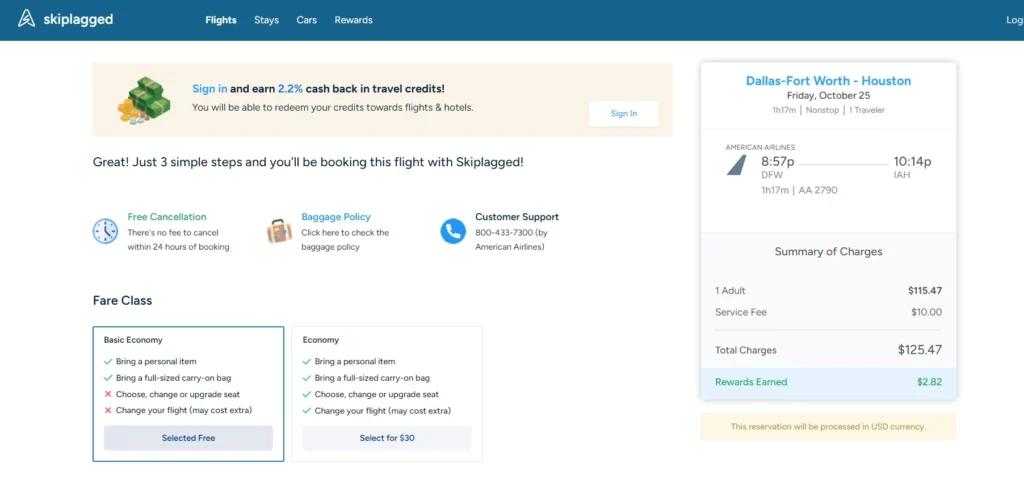

Unauthorized Use of AA Trademark
Paul Yetter, representing American Airlines, presented opening statements to jurors, accusing Skiplagged of unauthorized use of the airline’s trademarks. Yetter argued that Skiplagged misleads consumers by mimicking authorized travel agents’ websites.
The attorney emphasized Skiplagged’s lack of genuine customer service, contrasting it with legitimate platforms like Expedia. He highlighted Skiplagged’s practice of redirecting customer inquiries to American Airlines’ toll-free numbers, avoiding direct responsibility for reservations.
Yetter explained that hub-and-spoke airlines like American are particularly vulnerable to skiplagging due to their reliance on connecting flights. In contrast, point-to-point budget airlines face less exposure because of their more direct routes.
American Airlines alleges that Skiplagged purchases tickets directly from the airline’s website while posing as customers. The company then reportedly instructs buyers to conceal this practice from the airline.
The airline’s 37-page complaint accuses Skiplagged of a “bait and switch” tactic. It claims Skiplagged often displays fares higher than those available directly through American or its authorized agents, contradicting its promise of secret, cheaper fares.
Yetter revealed to the jury that Skiplagged has allegedly earned over $90 million through these deceptive practices, while American has suffered millions in lost ticket sales.
The airline asserts that Skiplagged typically charges a $10 fee per one-way ticket, sometimes increasing to 10 percent of the base fare.
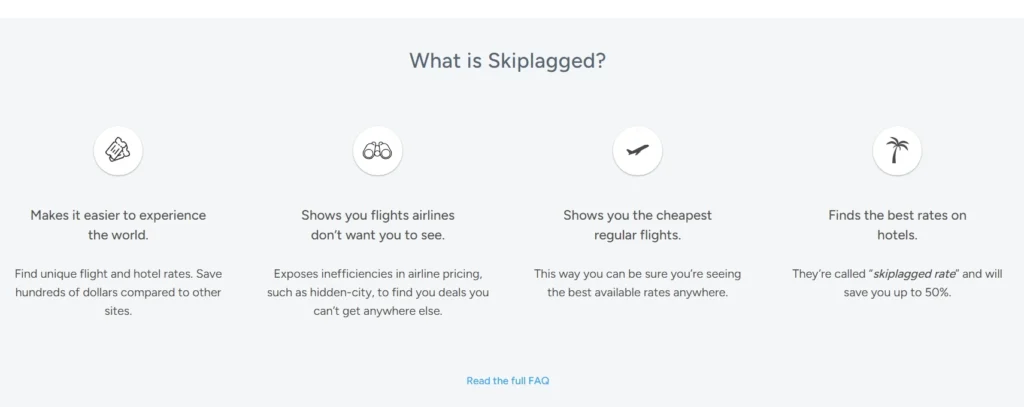

Skiplagged: Information Site?
Defense attorney Aaron Tobin presented Skiplagged’s case to jurors, challenging American Airlines’ accusations. Tobin clarified that Skiplagged charges customers a maximum of $35 for its services, refuting claims of excessive profiteering.
Tobin emphasized Skiplagged’s role as an information provider, stating that users can access fare data for free and book elsewhere. He detailed Skiplagged’s evolution from a free website to a growing business, highlighting founder Aktarer Zaman’s commitment to the platform.
The defense framed the case as a matter of consumer choice, arguing that Skiplagged reveals options created by airlines themselves. This stance directly opposes American Airlines’ portrayal of Skiplagged as a deceptive entity.
Tobin referenced a recent incident where American Airlines banned a 17-year-old for three years after attempting to use a skiplagging strategy. This case exemplifies the ongoing tension between airlines and passengers exploiting fare loopholes.
The lawsuit against Skiplagged is not unprecedented. United Airlines (UA) and Orbitz sued the company a decade ago, citing safety and logistical concerns. While Skiplagged settled with Orbitz, United’s claims were dismissed.
Tobin suggested that United’s previous lawsuit inadvertently boosted Skiplagged’s popularity. He questioned American Airlines’ motives, implying the carrier’s eight-year delay in filing suit indicates a focus on hidden fares rather than trademark protection.
American Airlines seeks over $94 million in damages. The trial, expected to last up to two weeks, will be presided over by U.S. District Judge Mark Pittman.
Do you think Skiplagged violates the policy? Let us know your thoughts in Comments on social media posts.
Stay tuned with us. Further, follow us on social media for the latest updates.
Join us on Telegram Group for the Latest Aviation Updates. Subsequently, follow us on Google News.
Related
Canada says too little, too late as Trump flip-flops on…
Nadine Yousif and Ali Abbas AhmadiBBC News, TorontoWatch: Canadian liquor store clears out US alcohol in response to tariffsNot long after the US imposed their
Vietnam, Thailand, and Philippines Among Top Asian Destinations Most-Searched by…
Home » Philippines Travel News » Vietnam, Thailand, and Philippines Among Top Asian Destinations Most-Searched by American Travelers, Driven by Surge in Viet
Trump tariffs tarnish ties: Americans anxious about travel to Canada…
Will Trump's tariffs on Canadian goods entering the U.S. affect tourism at home, tarnishing ties Canadians and Americans have shared for decades? It's a fair qu
Looming Trump travel ban strikes fear in Afghans who worked…
Expectations that President Donald Trump will soon bar Afghans and Pakistanis from entering the United States has set off panic among Afghans who were promised











